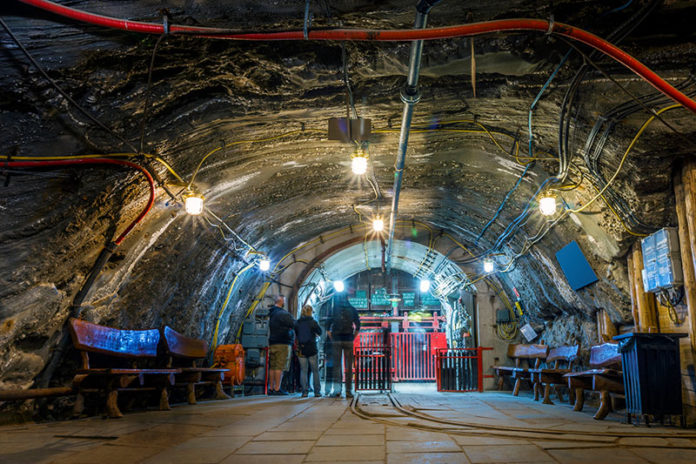On Thursday, three tunnels collapsed inside North Korea’s “only” nuclear testing site.
Punggye-ri is in the north-east part of North Korea. Pyongyang confirmed the reports that it had been “dismantled.” This is probably a gesture on the North Koreans’ part to reduce tensions surrounding the issue of North Korean nuclear weapons.
The US-North Korea summit, which had been planned for June 12 in Singapore, has recently been cancelled by President Trump, before negotiation channels seemingly re-opened one day later. (And The Donald also said the US military was “ready if necessary” to respond to any aggression from Kim Jong Un.)
Although Trump’s announcement cancelling the summit came shortly after the news that the North Koreans had destroyed their testing site, it still seems likely that this was a gesture on the part of North Korea. They of course knew that the summit was in jeopardy (their own foolish actions put it there), and perhaps sought to sooth the tensions.
But it’s probably an empty gesture too. The last nuclear test at the Punggye-ri site was in 2017, and scientists believe it probably caused the mountain over the testing site to collapse. That would most likely have rendered Punggye-ri useless for the purposes of nuclear weapons testing.
Furthermore, independent nuclear inspectors were not allowed to witness the destruction of the testing site. Three tunnels were collapsed by the use of explosives, in front of a crowd of about twenty journalists. But experts worry that the blasts could be nothing more than a show, easily reversible once the North Koreans are done playing nice again.
So, it may be the site was already useless. Or it’s possible that the North Koreans are simply making it look as though they’ve given up on the site, and it still has some value to them. They’ve pulled fast ones like this in the past, during similar negotiations.
In 2008, for example, they destroyed the cooling tower of their plutonium reactor in Yongbyon. But they never allowed inspectors in, and never actually proved that they had fully removed their capacity to produce plutonium at the site.
Negotiations predictably collapsed, and the North Koreans just installed a new cooling system and went right back to reusing the Yongbyon plant.
They could do the same thing at Punggye-ri, too. It could be possible to drill new tunnels under the portion of the mountain that remains un-collapsed and resume testing.
And, if reports that Punggye-ri has already been rendered totally useless by earthquakes or nuclear-related collapses are true, then the destruction of a worthless site is hardly a meaningful start to the denuclearization process for North Korea.
But whether this gesture is totally empty or not, it’s still a gesture. Maybe Kim is still willing to come to the table. Although Trump has cancelled the summit for now, he left the possibility of later talks open in his official letter to Kim. Trump said in his letter to Kim that “Some day, I look very much forward to meeting you. In the meantime, I want to thank you for the release of the hostages who are now home with their families. That was a beautiful gesture, and very much appreciated.”
Trump went on to say that, if Kim changed his mind, he should “not hesitate to call me or write. The world, and North Korea in particular, has lost a great opportunity for lasting peace and great prosperity and wealth.”
That mention of prosperity and wealth may gain Kim’s interest again. Regardless of what Xi Jinping is whispering in his ear, Kim’s economy is hurting. The sanctions against him have effectively bankrupted his people and his nation (despite a lot of evidence that China and Russia haven’t complied with them). Kim Jong Un can only extract so much from people who have nothing. As North Korea sinks further into poverty and economic ruin, Kim may lose the ability to live the comfortable life he craves.
Although his family has done fairly well so far at extracting every ounce of wealth from the vulnerable peasants of North Korea, Kim could be doing much better. If his people had a stronger economy and more wealth to extract, his own take could grow. He must realize that.
Perhaps his personal greed will bring him to the bargaining table. But as long as the thing at stake is his country’s nuclear arsenal, he’s unlikely to make any real concessions. The Kim family has always seen nukes as the key to North Korea’s political survival, and by extension, their own literal survival.
As long as the Kims hold the North Korean nuclear codes, they hold the world hostage. Nobody, in North Korea or the world at large, can afford to take them for granted.
Kim’s not likely to give up that kind of a bargaining chip.




























